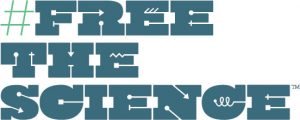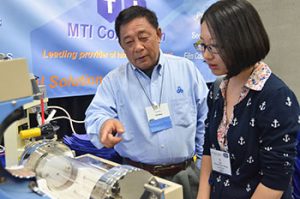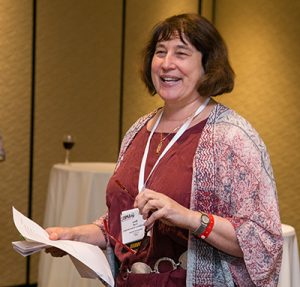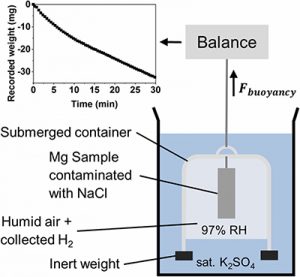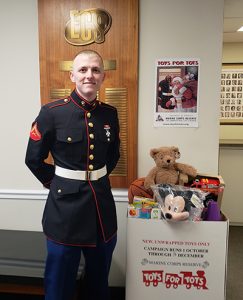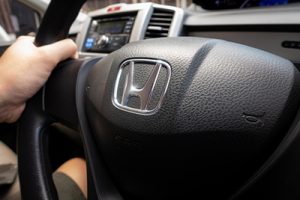 The Electrochemical Society launched the ECS Career Center in early 2019, a new career center that connects our constituency across all disciplines and career stages with employers offering career opportunities.
The Electrochemical Society launched the ECS Career Center in early 2019, a new career center that connects our constituency across all disciplines and career stages with employers offering career opportunities.
Powered by YourMembership, the leading provider of job websites and career centers for organizations that serve specialized members, the ECS Career Center is an innovative gateway that matches the right employers with the right student/professional talent to help keep organizations well-staffed, and professionals’ careers moving along a professional path that meets their goals. (more…)


